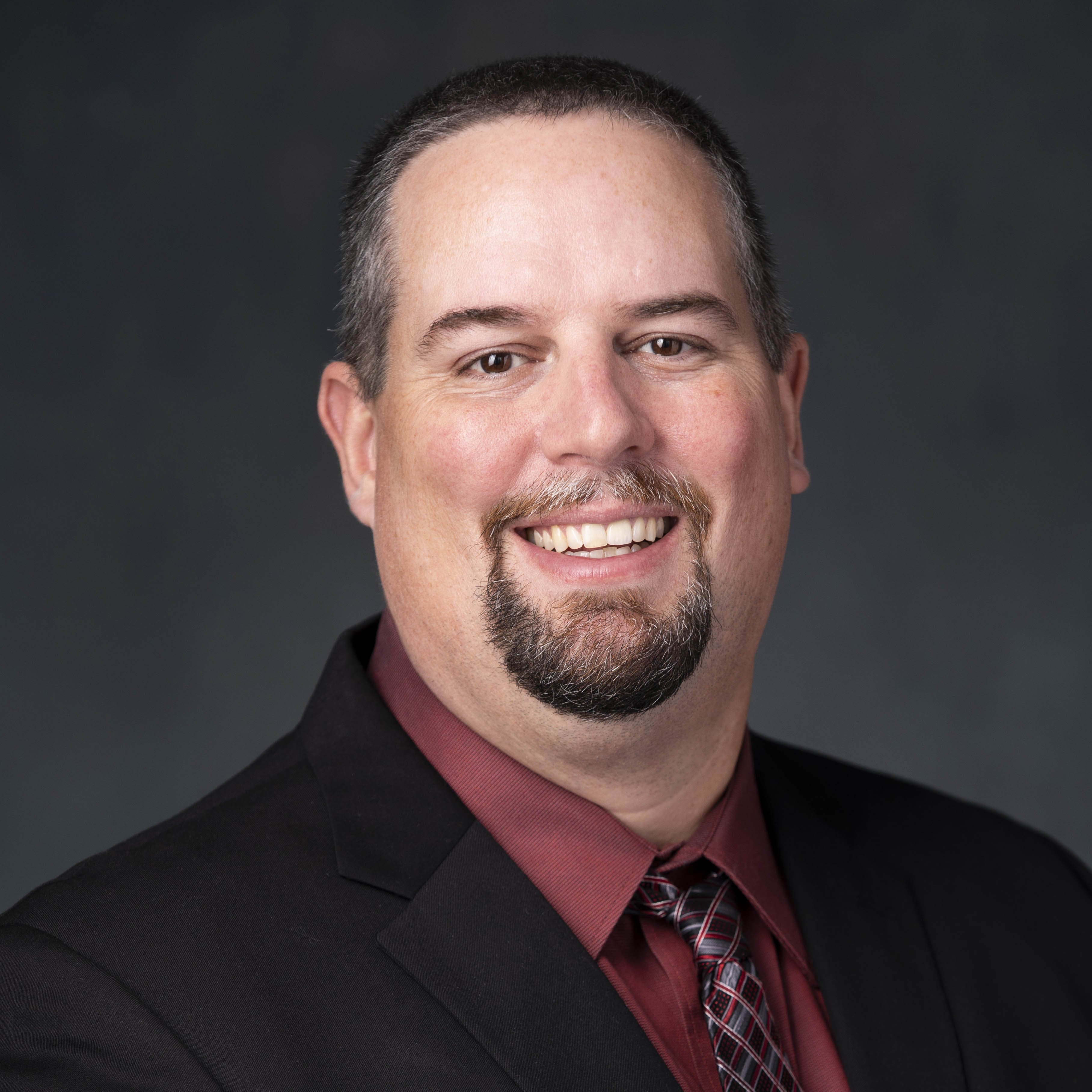'More than just tapers': Athletic trainers key to student-athletes' safety
By Jessica Thomas, LMH Health
High school athletic trainers are located all over the Lawrence community. These athletic trainers provide their knowledge and skills to student-athletes on a day-to-day basis, giving the students, coaches and parents peace of mind for their athletes’ safety. March is Athletic Training Month and it is important to honor how valuable athletic trainers are to the community.
Haley Gragert, an athletic trainer with LMH Health, said that athletic trainers do much more than just taping.
“Athletic trainers are trained with many skills,” Gragert said. “They have to have a thorough knowledge of emergency management, spine boarding, illness, heat exhaustion and more.”
LMH Health athletic trainers are at multiple high schools in Lawrence and nearby districts. These high schools include Lawrence, Lawrence Free State, Baldwin City, Tonganoxie, Basehor-Linwood, Leavenworth, Eudora and some events at McLouth and Perry-Lecompton.
Student-athletes may often be more open with their athletic trainers about injuries than their coaches or parents. Mark Padfield, Tonganoxie High School athletic trainer, says that the athletic trainers are often the first line of defense for the students.

Mark Padfield
“Having someone on hand who has experience dealing with many types of injuries allows the students to get help when needed,” Padfield said. “This way, the coaches can focus on the game and know their players are being cared for.”
Padfield recently was named the Kansas Athletic Trainers’ Society Athletic Trainer of the Year for 2018 and is the winner of the 2019 Dennis “Izzy” Isrow Above and Beyond the Call of Duty award.
The Above and Beyond the Call of Duty award is given to one athletic trainer in the Mid-America Athletic Trainers’ Association. The MAATA comprises seven states: North Dakota, South Dakota, Nebraska, Iowa, Kansas, Missouri and Oklahoma.
Padfield works for the students, staff and athletes in all sports at Tonganoxie High School. He has seen many injuries and worked with many students and staff. However, due to the higher risk of injury, athletes are his primary focus.
“An athletic trainer in a high school setting takes care of student-athletes first and foremost,” Padfield said. “We attend all the students’ practices and home games, and we travel with the football team.”
Having an athletic trainer onsite during athletic events is important for students’ health and wellness. Only about a third of Kansas schools are staffed with an athletic trainer.
“When I served as the president of the Kansas Athletic Trainers’ Society, I really tried to push for getting more athletic trainers in Kansas schools; I still am,” Padfield said.
The biggest reason for having athletic trainers in high schools is to increase safety for students and student-athletes.
“Player safety is extremely important,” Padfield said. “Athletic trainers are ready for emergency situations. With trainers nearby, coaches and parents have peace of mind that their students and athletes are in good hands.”
Athletic trainers help optimize return-to-play after an injury, assist with rehabilitation and provide exercises for recovery. For Padfield, he has been onsite when multiple accidents have happened.
“I was on duty at Haskell for a football game and a player was hit badly,” Padfield said. “The hit was clean, however it caused the student to develop a brain bleed. We had to jump into action immediately. It was necessary to Life Flight him, and the helicopter actually landed on the football field.”
Padfield said had an athletic trainer not been there to help address the situation immediately, when minutes count, it could have played out differently. “It is important to think of our athletic trainers as more than just ‘tapers’ or ‘hydration experts.’ Athletic trainers are healthcare providers and they are important for our athletes’ and students’ safety.”
“For any parent or coach whose school does not have an accessible athletic trainer, call your school board,” Padfield said. “Ask them to eliminate that gap in student safety. Reach out to the Kansas Athletic Trainers’ Society; we will be glad to help develop options for hiring an athletic trainer for your kids.”
Jessica Thomas is the social media and digital communications specialist at LMH Health.
LMH Health athletic trainers work with students in high schools around the Lawrence area as well as the KU Rugby Club. Click here to learn where athletic trainers have been placed locally.